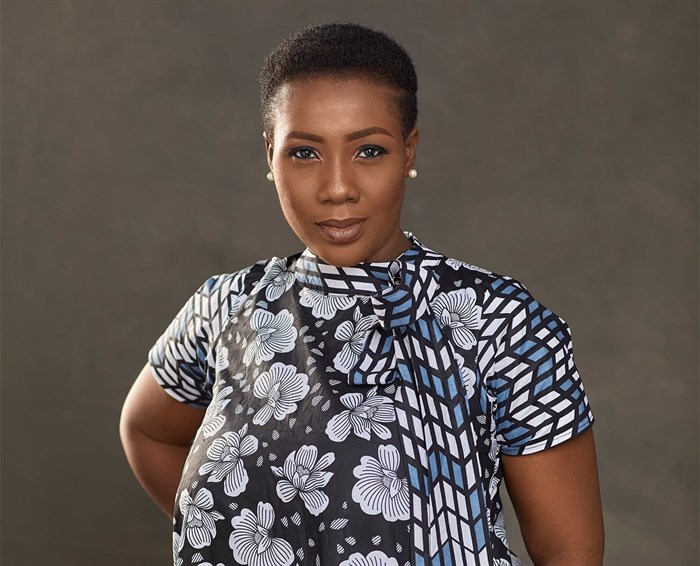
Top stories






More news






ESG & Sustainability
#Sona2026: President announces crisis committee to tackle SA's water challenges








Apart from tackling fabric waste which is a global problem. Funbi-Olufeko's DFL also assist low-income women by incorporating them into its supply chain by creating more jobs, thus assisting them in becoming financially independent, and this is how DFL plays a role in poverty alleviation in Nigeria.
The aims of the business are to: educate, empower and possibly employ young women in low-income communities in Nigeria who may not have the opportunity to further their education after high school.
I launched a fashion design and manufacturing company in 2006 in Nigeria. We used locally sourced materials, and one of the challenges we faced was disposing of our fabric waste, we therefore decided to recycle most of the waste fabrics from production by turning them into unique handcrafted patchwork accessories.
Our manufacturing facility embraced sustainability and made a commitment to zero waste. This initiative was called the Bisola project and today, we have more than 20 unique products from fabric waste. The project has been sustained for 10 years within the business.
Apart from tackling fabric waste which is a global problem. We also assist low-income women by incorporating them into our supply chain by creating more jobs thus assisting them in becoming financially independent and this is how we play a role in poverty alleviation in Nigeria.
The aims of the business are to: educate, empower and possibly employ young women in low-income communities in Nigeria who may not have the opportunity to further their education after high school.
We often see young girls who stopped attending school and became breadwinners for their families. We work with them and empower them with sewing skills enabling them to earn money. Some of the girls return to school to complete their education and we give them flexible working hours so that that dream of going to school is fulfilled.
We use hand-dyed batik prints, the dyeing techniques used for these fabrics are age-long techniques that have been passed from generation to generation in these communities. In recent modern times, adire was seen as boring and wasn’t getting the attention this beautiful fabric deserved.
We have had to incorporate more contemporary designs to make the outfits we produce so as to appeal to a larger audience and I would say we have been successful in doing this as people are now readily wearing adire to work, play or party.
They say “build a woman, you build a nation”. When we train and empower these women, we give them the ability to make strategic decisions within their family especially as regards their children, education helps them to build self-confidence. Ensuring their children can also get educated thereby ensuring we have a happier and healthier society that works.
They say “build a woman, you build a nation” . When we train and empower these women, we give them the ability to make strategic decisions within their family especially as regards their children, education helps them to build self-confidence. Ensuring their children can also get educated thereby ensuring we have a happier and healthier society that works.
People make the difference, we ensure that the people we work with within our supply chain understand our purpose and that is what drives the system.
By hiring people with a passion for our industry and skilled in business management, we work as a team to maintain our quality standards, customer service, delivery and business growth. For every step we want to grow, we sit with the team and plan for growth, but working in Nigeria.
We plan to increase our customer base in Africa, as we receive a lot of requests for our products from other African countries such as Ivory Coast which shows our brand is loved and appreciated and it is evidence of business opportunities.